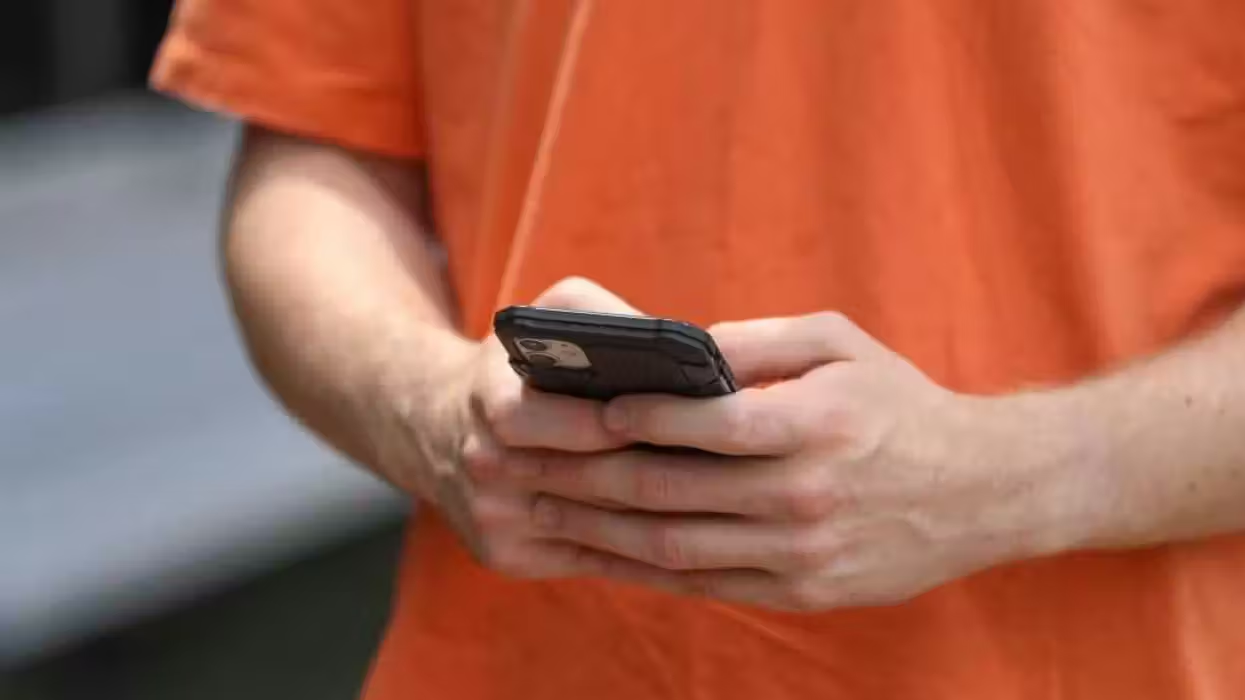
© 2026 Blaze Media LLC. All rights reserved.
Nudge: DOA To Use 'Food Behavior Scientists' to Modify Kids' Eating Habits
October 12, 2010
"Research has shown that good intentions may not be enough."
Federal officials are turning to psychology in a new approach to get kids to choose healthier foods in the school lunch line.
The U.S. Department of Agriculture announced today it is giving $2 million to food behavior scientists to use marketing tricks to encourage kids to pick fruits and veggies over cookies and french fries.
Some of the ideas include hiding chocolate milk behind plain milk, putting the salad bar near checkout, placing fruit in pretty baskets and accepting only cash as payment for desserts.
Another idea suggests using pre-paid cards that only allow students to purchase healthy options from the school cafeteria.
Studies by Cornell University researchers have found these tactics work, the Associated Press reports, and Cornell will start a new child nutrition center to test more of these methods.
According to a release on the DOA's website, the Cornell-based research center will be called the Center for Behavioral Economics in Child Nutrition Programs. The money will also fund 14 other research projects in Connecticut, Iowa, Louisiana, Minnesota, Oklahoma, Pennsylvania, South Carolina, Texas, Utah, West Virginia, and Wisconsin.
The release outlines the reasoning behind the funding as well: leaving choices to schools, students, and parents is not the way to ensure students make "healthful choices." Good intentions, it explains, often do not translate into good choices:
[I]t is well recognized that understanding the value of a healthy diet does not always translate into healthy choices. Research has shown that good intentions may not be enough: when choosing what or how much to eat, we may be unconsciously influenced by how offers are framed, by various incentives, and by such factors as visual cues.
"This research can suggest practical, cost-effective ways that the school environment can better support healthful choices," the release adds.
The Associated Press contributed to this report.
Want to leave a tip?
We answer to you. Help keep our content free of advertisers and big tech censorship by leaving a tip today.
Want to join the conversation?
Already a subscriber?
Jonathon M. Seidl is a former managing editor of Blaze News and a best-selling author and speaker. His next book, “Confessions of a Christian Alcoholic,” will be released on October 7, 2025.
Jonathon M. Seidl
Jonathon M. Seidl is a former managing editor of Blaze News and a best-selling author and speaker. His next book, “Confessions of a Christian Alcoholic,” will be released on October 7, 2025.
more stories
Sign up for the Blaze newsletter
By signing up, you agree to our Privacy Policy and Terms of Use, and agree to receive content that may sometimes include advertisements. You may opt out at any time.
Related Content
© 2026 Blaze Media LLC. All rights reserved.
Get the stories that matter most delivered directly to your inbox.
By signing up, you agree to our Privacy Policy and Terms of Use, and agree to receive content that may sometimes include advertisements. You may opt out at any time.






